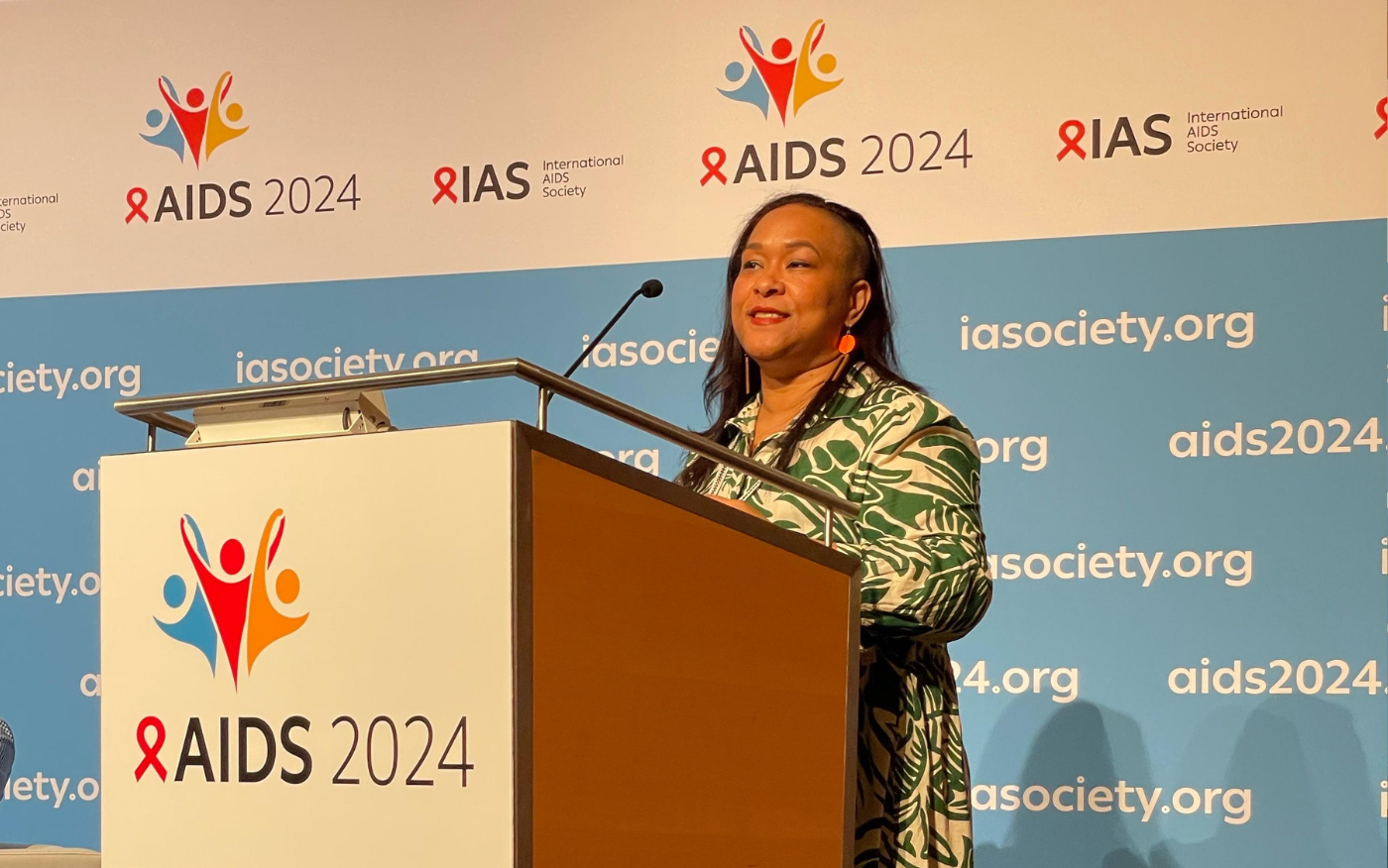Science, in its ideal form, is owned by no one and belongs to everyone.
It is a collective endeavour driven by curiosity, inquiry, and the pursuit of knowledge for the benefit of all humanity. However, several groups dominate the practice and dissemination of science: Academic Institutions, Government Agencies, the Private Sector often leaving the Public missing, under-valued as a mere after-thought,
What is Community-led Science?
It starts with community-led strategic planning and decision-making to address local needs and priorities.
Then comes community-driven policy advocacy, with community groups gathering evidence to influence public policy, for example, advocacy groups conducting surveys and collecting testimonies to push for better healthcare policies for marginalized groups.
That advocacy is informed by community-led research initiatives such as Community-Led Monitoring (CLM), Citizen Science, Participatory Action Research (PAR), and Community-Based Participatory Research (CBPR).
And finally, community-driven efforts to put strategies, designs, and policies into practice, managing projects, delivering services, and ensuring effective execution.
Community-led Monitoring (CLM) is a science-based accountability innovation that puts communities first.
CLM is a process where communities take the lead to routinely monitor issues that matter to them. Then communities work alongside policymakers to co-create solutions to their identified problems. When problems uncovered through CLM aren’t resolved, communities escalate with evidence-based advocacy and campaigning until they implement corrective actions by duty bearers.
Scale Considerations: Collaboration and Integration
Valuable community data isn’t being used. Community-led science pinpoints health system problems faster and offers practical solutions from end users. We need to challenge the perception that communities are separate (and only antagonistic) from government health systems and elected officials.
We need greater data transparency and we must do more to publicize examples of effective collaborations between communities and government.
Securing Progress and Extending Impact: Implementation Science & the HIV Response Pre-Conference on 20 July.
